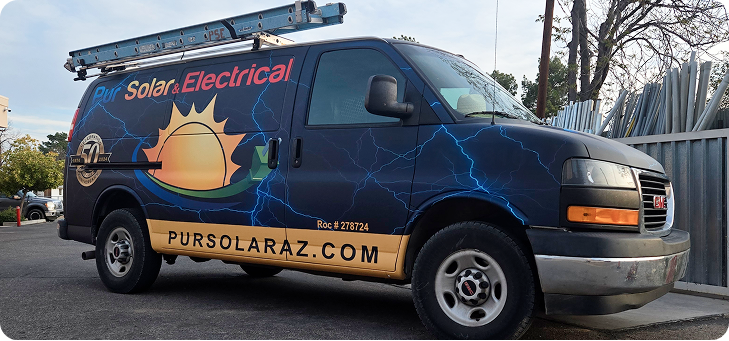You can buy, finance, or lease solar panels. Deciding which of the three would be best for you will depend entirely on your personal needs. The key difference between a purchase and a lease is that of ownership. When you buy a PV system, outright or through finance, you become the owner. If you lease it, however, the system belongs to another party.
This is a very important distinction to make because it affects the potential return on investment and savings, the financial offsets, the terms and conditions, maintenance costs, and the overall cost. Furthermore, a lease is not always available, which means that, before you even decide which one of the options to choose, you have to make sure that the lease option is available.
Choosing Between Buy/Finance or Lease
There are pros and cons to consider when you either buy/finance or lease a solar system. Choosing to buy it, either through outright cash or through financing, is the best option if:
- You want to have the greatest financial benefits associated with installing solar PV systems, rather than only enjoying the (important) environmental benefits.
- You want to use the federal investment tax credit to reduce your state and federal tax liability.
- You own a business and are able to get more tax benefits by seeing a solar panel installation as an asset that can depreciate.
- You want to increase your home’s market value by including a solar panel system.
On the other hand, a lease may be more suitable for your needs if:
- Your interest lies more strongly in using renewable energy, and not as much in the financial returns possible with a solar panel system.
- You don’t want to be responsible for repairs and maintenance of your system.
- You cannot access any state or federal investment tax credits for your solar panel system.
- You don’t want to have to wait a full calendar year before you can access tax credits and benefit from them.
A Comparison and Contrast of Buy/Finance and Lease
There are several key practical differences between the returns on investment and savings, opportunities for financial offsets, terms and conditions, maintenance, and many other costs associated with these types of systems. You must be aware of them so that you can make an informed decision. Vital considerations are:
- Installation costs
If you purchase your system, outright or through financing, you will need to have between $15,000 and $30,000 available even before you can access incentives and rebates. That said, the cost can be reduced by as much as 50% through rebates. Usually, the solar company from which you want to buy will adjust the purchase price and deal with all the paperwork associated with the rebate.On the other hand, if you lease, you would be able to have access to a system without making any down payment. However, you will not qualify for any incentives, rebates, or tax credits. Only the owner of the system will qualify for such.
- Maintenance
If you purchase your system, you will be the owner and therefore also be responsible for maintenance costs. That said, the equipment used in solar panels is highly durable and should come with strong warranties. However, you may not know how well it is performing.Should you choose to lease, the owner will maintain the system. You will usually also have access to an app that shows your system’s performance.
- Terms and Conditions
If you buy your system through finance, you will usually have to pay for it within a 10 to 20-year period, with a 3% to 8% interest rate, so long as your FICO score is at least 640.If you lease it, you will be tied for between 20 and 25 years, after which you can renew or purchase.
- Return on Investment/Savings
If you buy, you can save between 40% and 70% on your electricity costs, depending on your incentives and property. You will receive free electricity for between 25 and 30 years.If you lease, you can expect to see savings of between 10% and 30% on your electricity bill.
Financing Options
A final consideration to make is whether you will be able to obtain financing. Very few people have enough money available to them to buy a system outright and will therefore choose to have it financed instead. You must take the time to compare the market and review which financing options are available to you. Do also look into what the arrangements are in terms of any surplus energy you produce, and whether you will be selling that back to the grid or whether it will reduce your payments for your finance agreement.










